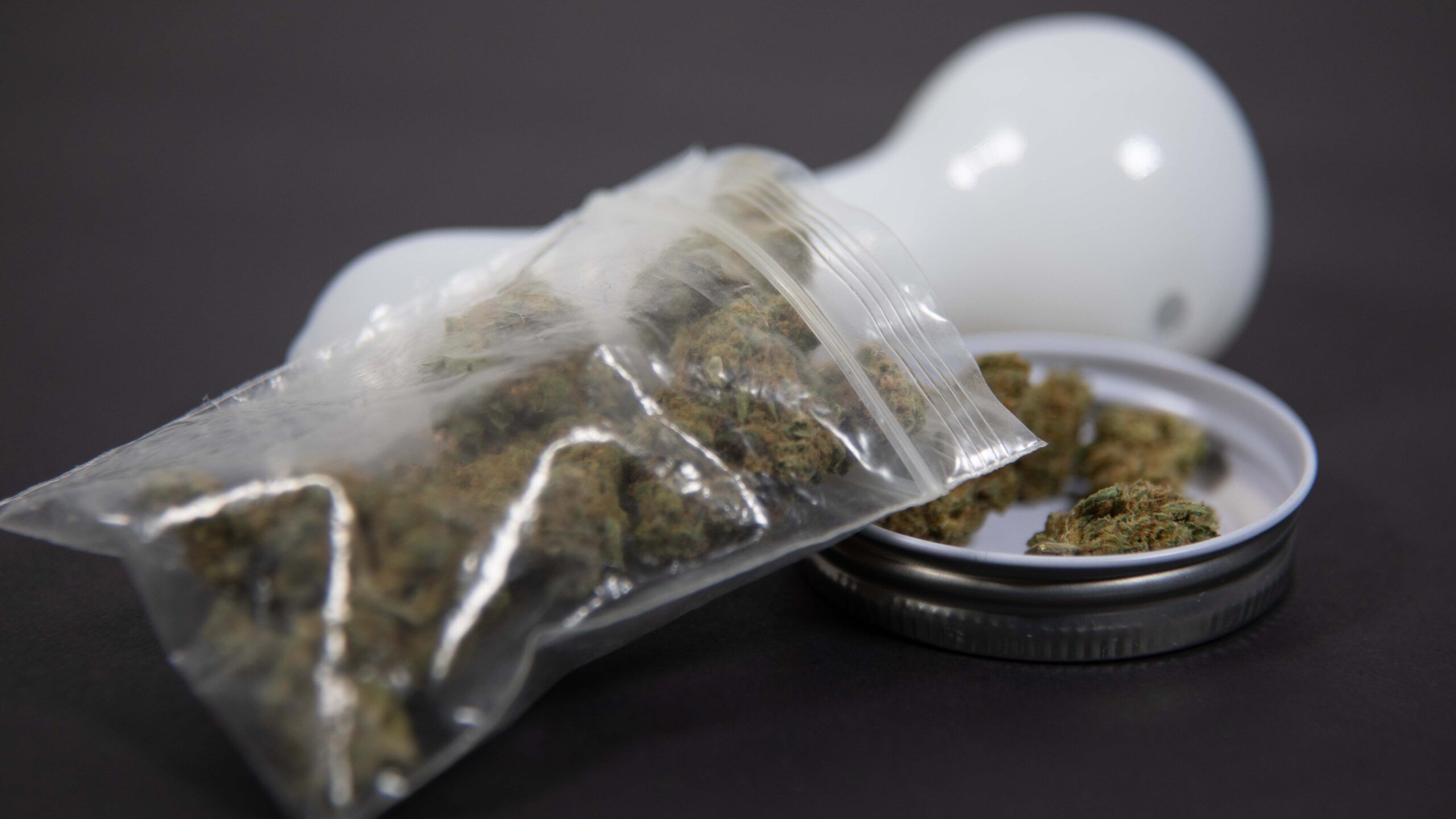As of 2023, cannabis in Florida remains a Schedule I controlled substance, meaning it is classified as having a high potential for abuse and no accepted medical use at the federal level. While Florida has made significant strides in the medical cannabis arena, the state has yet to legalize cannabis for recreational use or decriminalize it on a statewide level. However, recent developments and growing support for cannabis reform in the state raise the question: Will Florida decriminalize cannabis?
Current Legal Status of Cannabis in Florida
Florida has a medical marijuana program in place since the passage of Amendment 2 in 2016, allowing qualified patients to access cannabis for medical purposes. To participate in the program, patients must have a qualifying condition (such as cancer, chronic pain, or PTSD) and receive a recommendation from a licensed physician. These patients are also required to hold a medical marijuana card to purchase products from state-licensed dispensaries.
However, recreational use remains illegal. Possession of 20 grams or less of cannabis is still considered a misdemeanor under state law, punishable by up to one year in jail or a fine of up to $1,000. Possession of more than 20 grams can result in felony charges.
Decriminalization Efforts in Florida
While statewide decriminalization has not yet occurred, several local governments in Florida have taken matters into their own hands. Cities such as Orlando, Tampa, and Miami have enacted local ordinances that reduce penalties for small amounts of cannabis possession. In these cities, possession of 20 grams or less can result in a citation and a small fine instead of an arrest or jail time.
The push for decriminalization at the state level, however, has faced more significant hurdles. Legislative attempts to pass decriminalization bills in recent years have stalled in committee. Despite these setbacks, public opinion has shifted in favor of cannabis reform. A 2022 poll from the University of North Florida found that 76% of Floridians support full legalization of recreational cannabis, signaling growing momentum for change.
Source: University of North Florida Poll on Cannabis
What Would Decriminalization Mean for Florida?
Decriminalizing cannabis would mark a significant step forward in cannabis reform. Decriminalization typically involves reducing penalties for possession of small amounts of cannabis, often making it a civil infraction similar to a parking ticket, instead of a criminal offense.
This would have several important implications:
- Reducing Criminal Penalties: Decriminalization would prevent individuals from facing arrests, jail time, and criminal records for possessing small amounts of cannabis. This could help reduce the burden on the state’s criminal justice system and eliminate some of the social and economic consequences of minor cannabis offenses.
- Lessening Disparities in Enforcement: Studies have shown that Black and Hispanic individuals are disproportionately arrested for cannabis-related offenses, despite similar usage rates among racial groups. Decriminalization could help reduce these racial disparities in arrests.
- Tax Revenue Opportunities: Though decriminalization does not equate to legalization, many believe that it could pave the way for taxable sales if recreational use were legalized. States like Colorado and California have generated significant tax revenue from cannabis sales, and Florida could potentially benefit from this as well.
Schedule I Status: What It Means and What Could Change
Cannabis’ classification as a Schedule I drug places it alongside substances like heroin and LSD in terms of perceived danger and lack of medical benefit. This classification limits scientific research and prevents cannabis from being prescribed by doctors at the federal level. If cannabis were to be rescheduled or removed from Schedule I, it would open the door to expanded research and possibly allow federal legalization of medical cannabis.
In August 2023, the U.S. Department of Health and Human Services (HHS) recommended that cannabis be moved from Schedule I to Schedule III, a lower classification that would acknowledge its medical benefits and reduce restrictions on research. If this recommendation is adopted by the Drug Enforcement Administration (DEA), it would have far-reaching implications for cannabis laws across the country, including in Florida.
Source: HHS Recommendation on Cannabis
Looking Ahead
While Florida has made significant strides in the medical cannabis space, full decriminalization or recreational legalization remains elusive at the state level. However, increasing public support, local decriminalization efforts, and potential federal rescheduling of cannabis suggest that change may be on the horizon.
If Florida were to decriminalize cannabis, it could reduce unnecessary arrests, address racial disparities in enforcement, and potentially pave the way for full legalization, bringing new economic opportunities and greater access to cannabis for both medical and recreational purposes.






